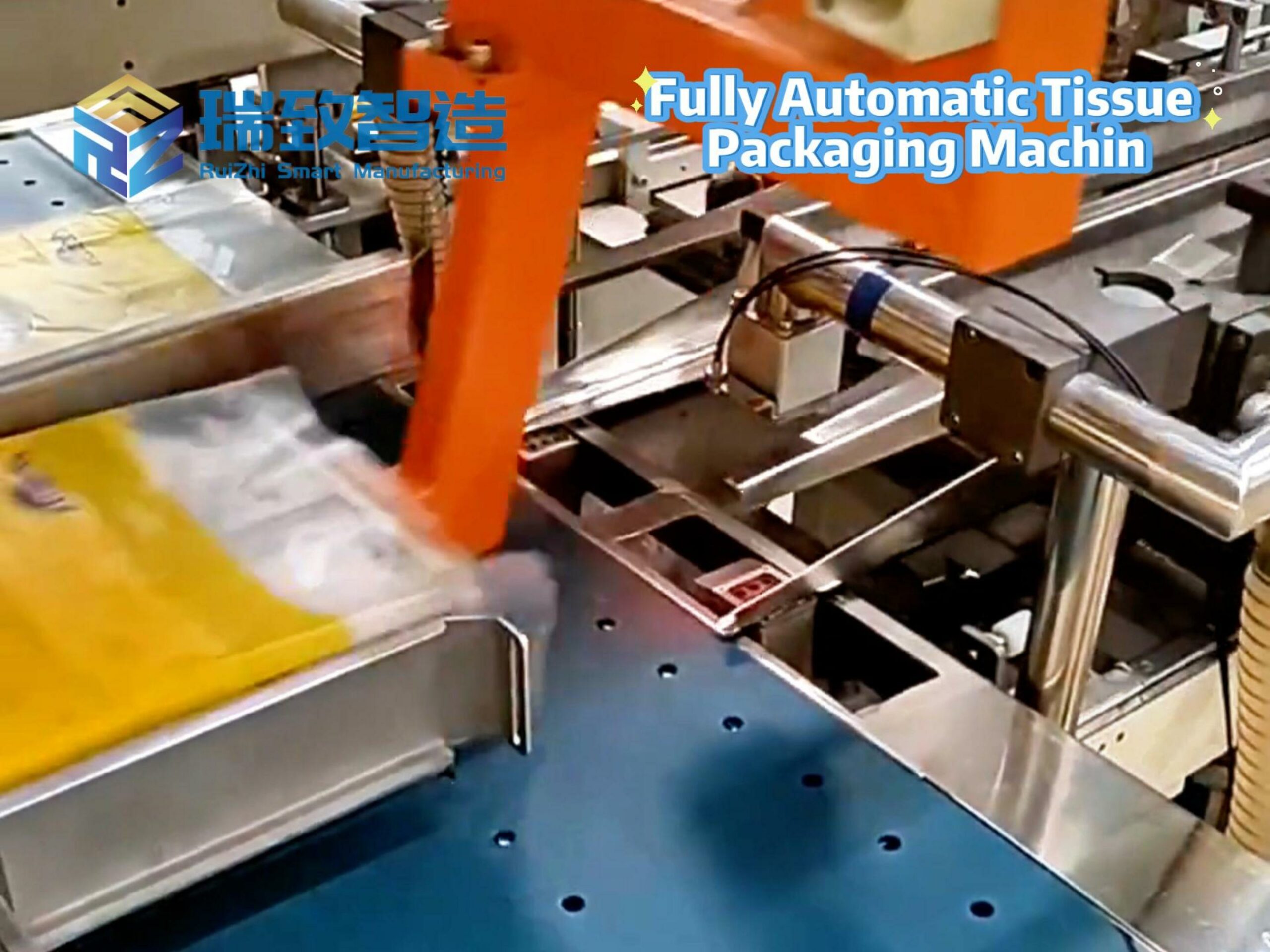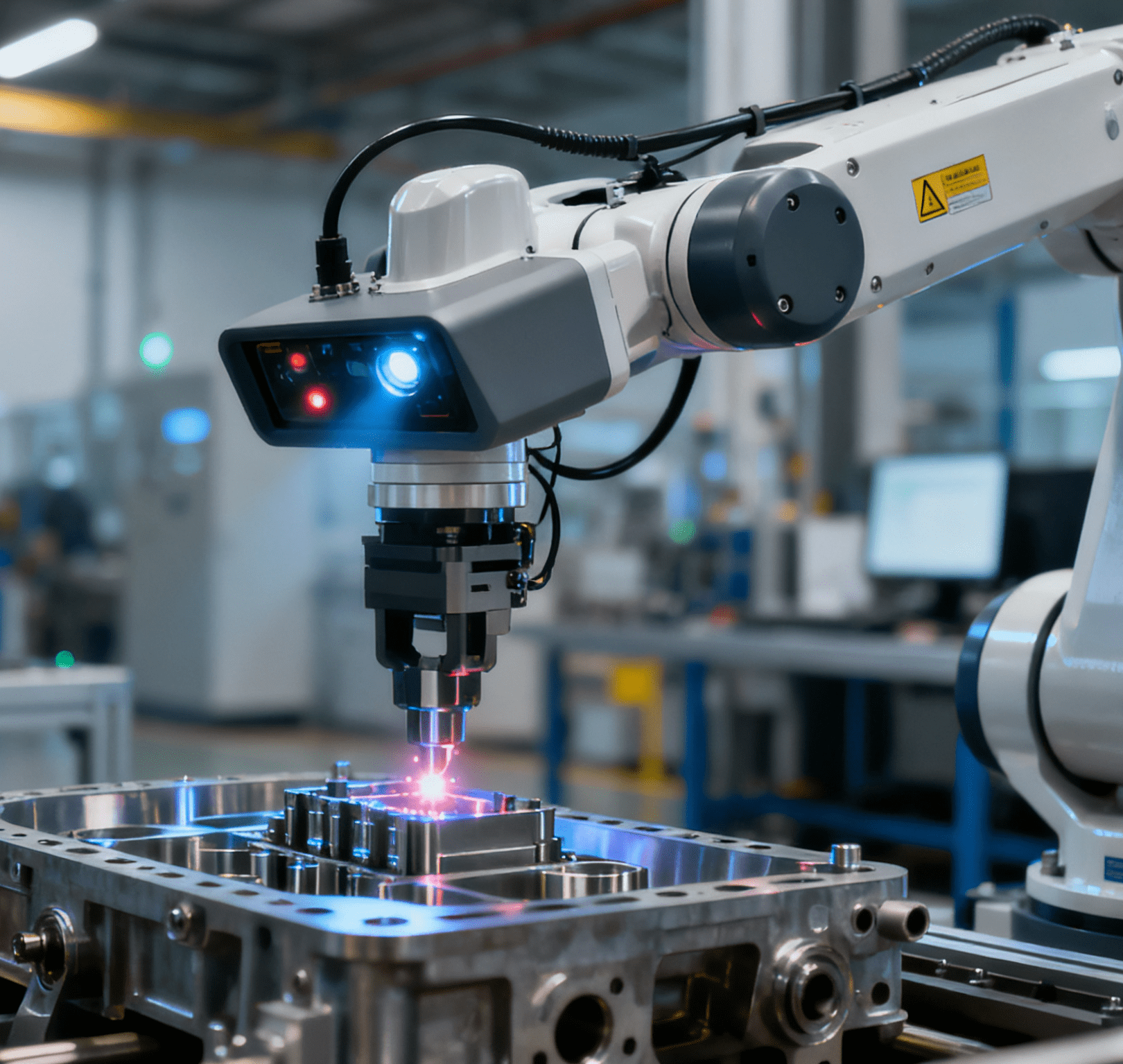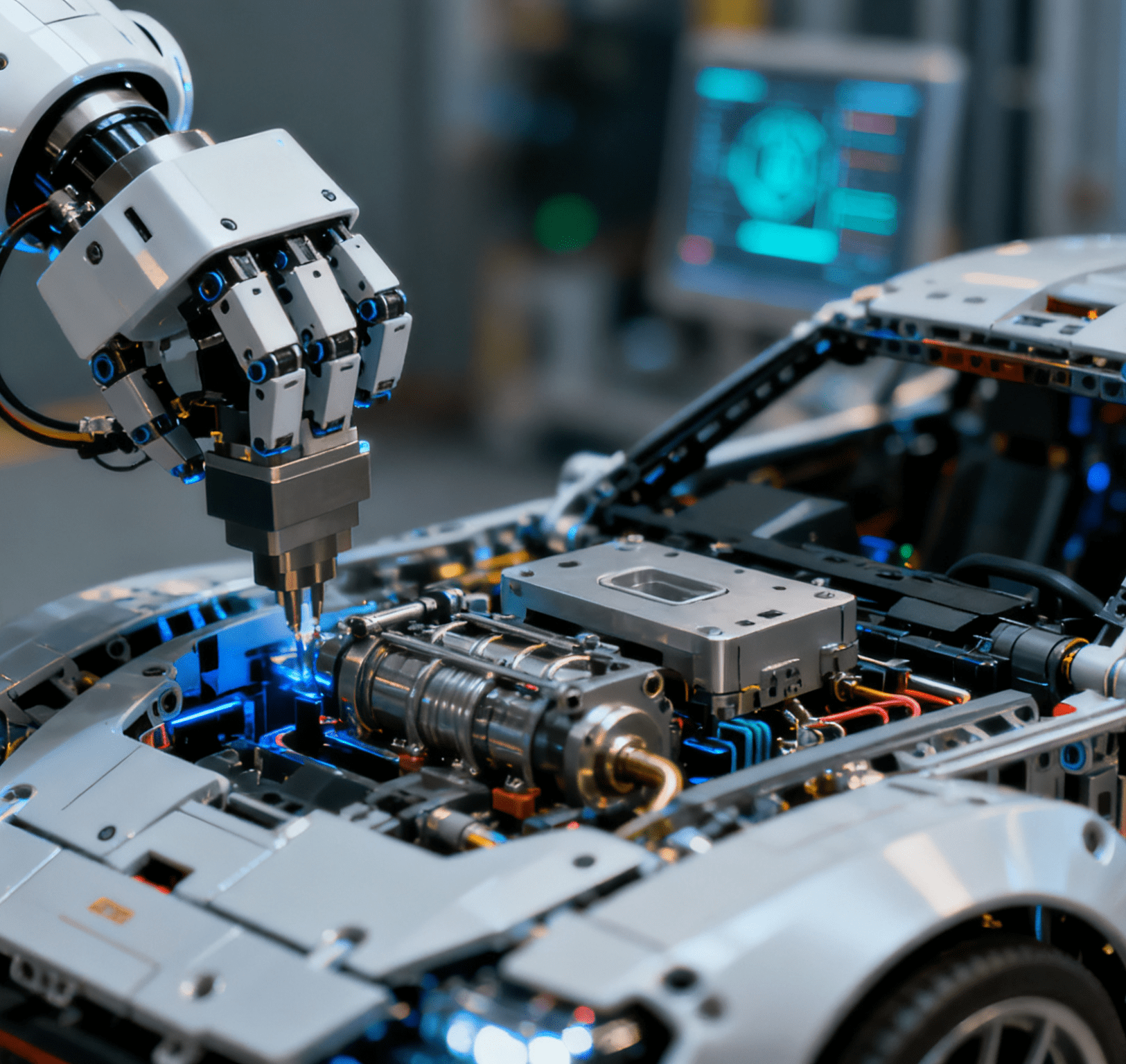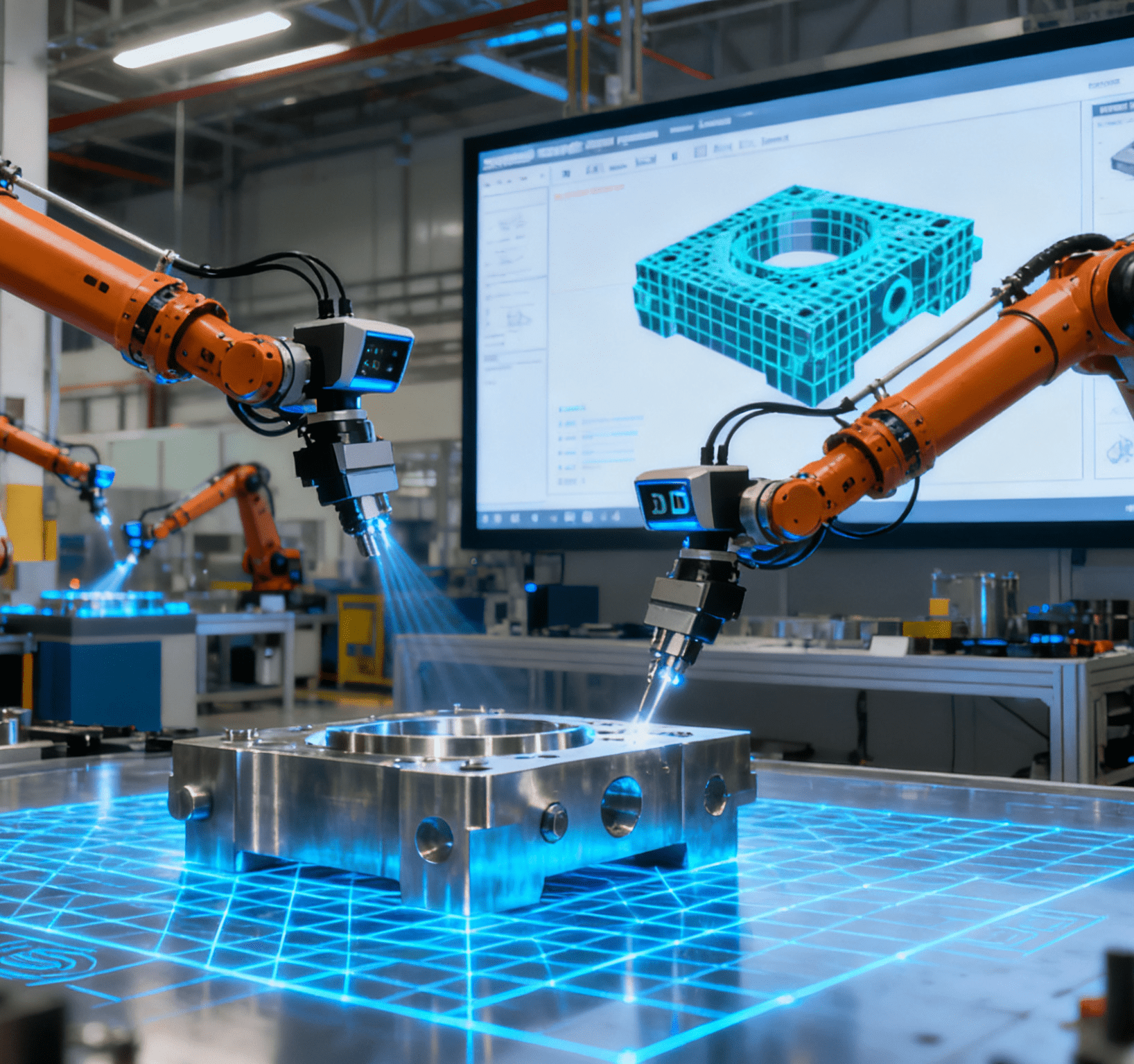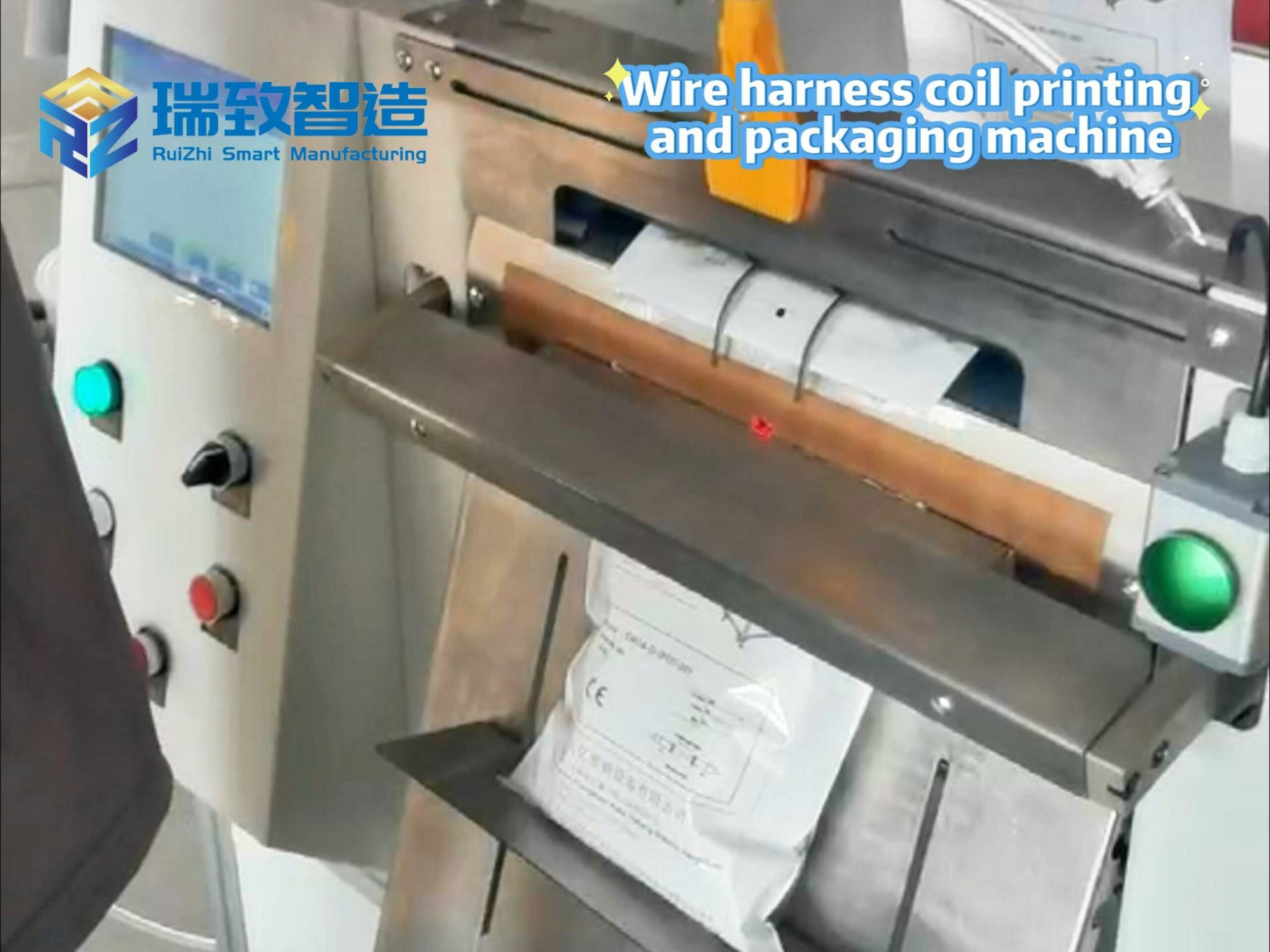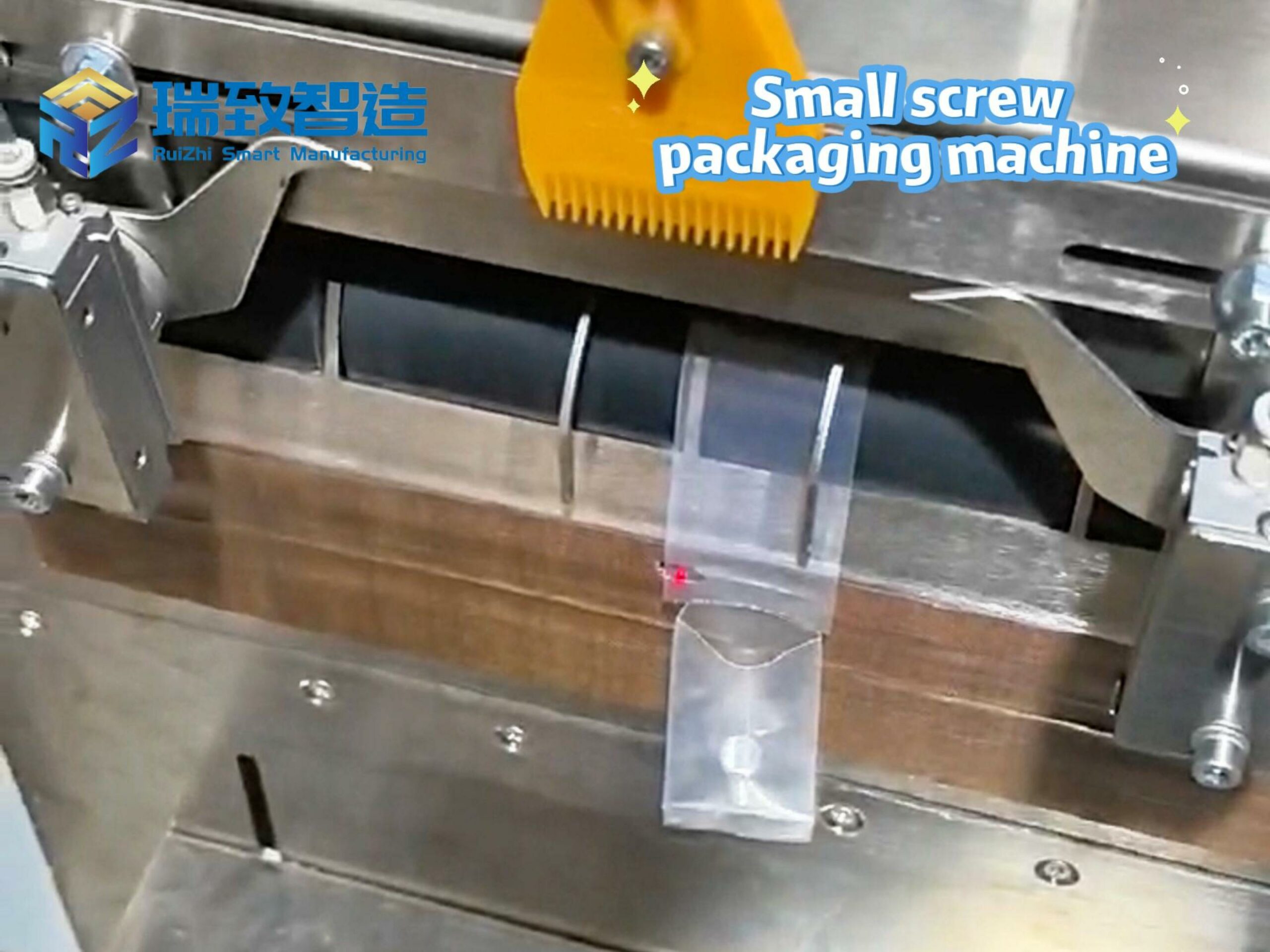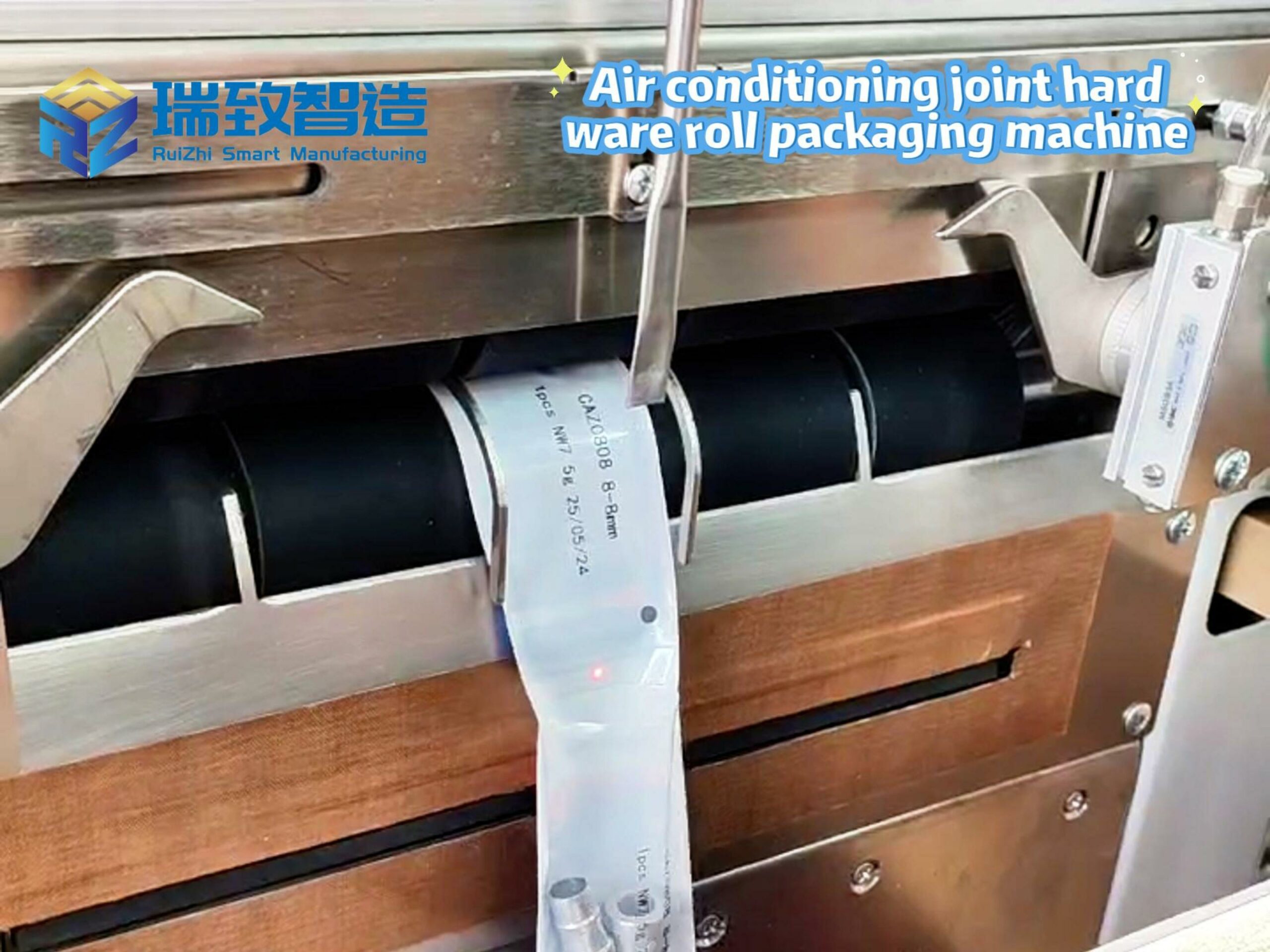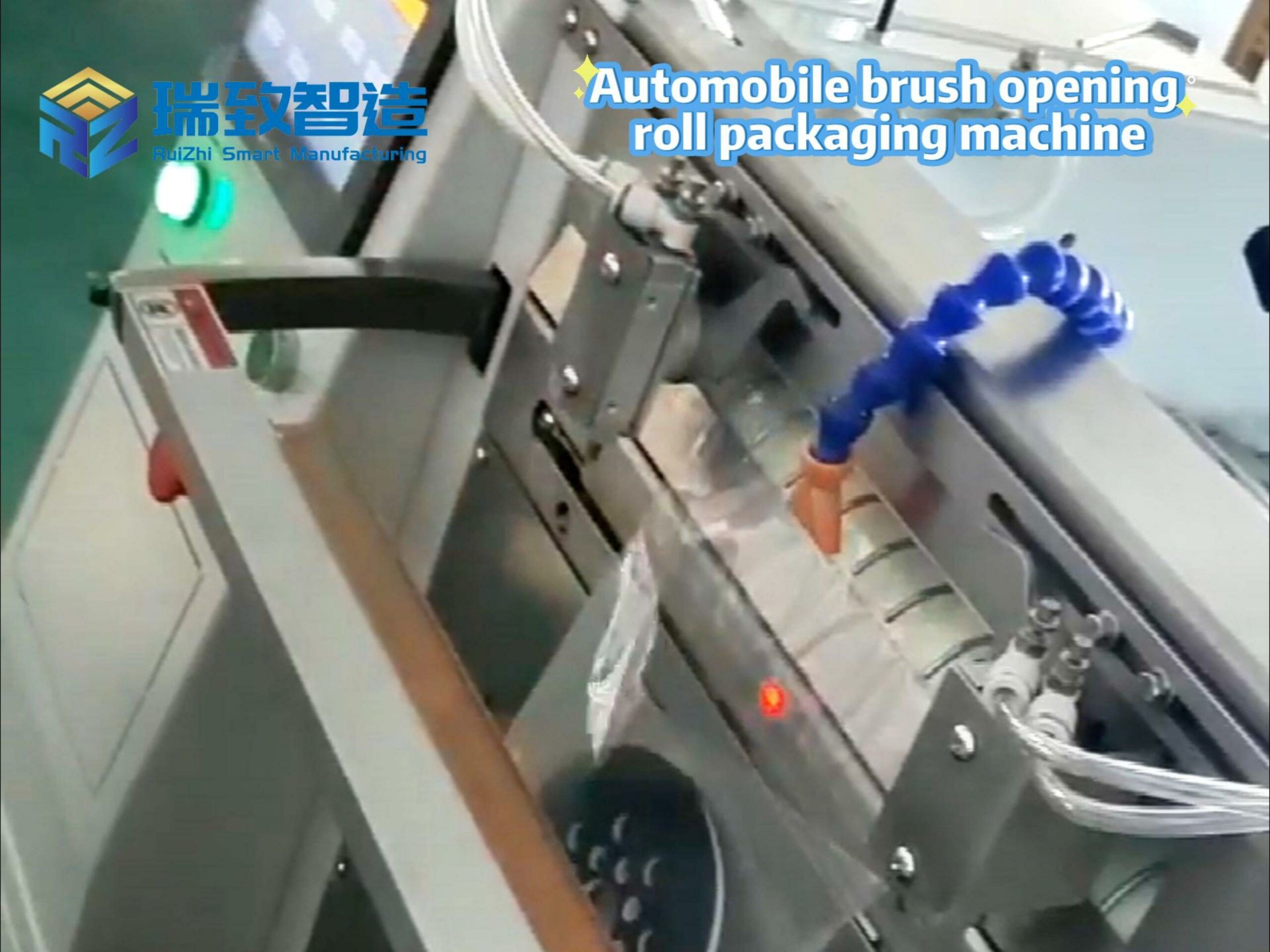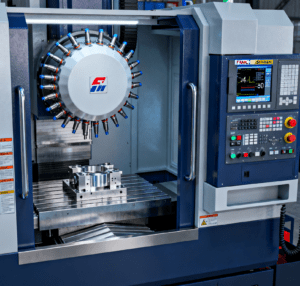
In the current era where the manufacturing industry is transitioning toward high precision, high efficiency, and high flexibility, CNC precision machining has become a key indicator for measuring an enterprise’s core competitiveness. As the core equipment in this field, CNC machining centers, with their integrated machining capabilities, excellent precision control, and stable production performance, are gradually replacing traditional machining equipment and emerging as the “cornerstone of intelligent manufacturing” that supports the development of high-end fields such as aerospace, automotive manufacturing, and medical devices.
CNC Machining Centers: The Core Carrier of CNC Precision Machining
The core demands of CNC precision machining lie in “controllable precision, stable efficiency, and achievable complex part processing”. By integrating multi-process machining functions and intelligent control systems, CNC machining centers perfectly meet these demands and have become irreplaceable core equipment in this field.
Integrated Machining to Reduce Precision Loss: Traditional precision machining requires multiple pieces of equipment to perform different processes separately, and repeated clamping of workpieces easily leads to positioning errors. In contrast, a CNC machining center can complete multiple processes (such as milling, drilling, boring, and tapping) in one go, reducing clamping times by more than 80%. This effectively controls machining errors within the range of 0.01-0.05mm, meeting the machining requirements for high-precision parts.
Intelligent Control to Ensure Machining Stability: Equipped with CNC systems (e.g., FANUC, SIEMENS), the equipment can real-time monitor cutting parameters and tool wear status, and correct machining deviations through automatic compensation functions. Combined with high-precision servo motors and ball screws, it achieves precise control of feed speed and position, ensuring the precision consistency of each product in mass production.
Flexible Production to Adapt to Complex Demands: In response to the “multi-variety, small-batch” order characteristics of CNC precision machining, CNC machining centers can switch machining scenarios within 10-30 minutes by quickly replacing tool magazines (usually with a capacity of 24-60 tools) and editing program parameters—no large-scale equipment adjustments are needed, greatly improving production flexibility.
Technological Breakthroughs in CNC Precision Machining: Centered on CNC Machining Centers
Relying on the technological advantages of CNC machining centers, CNC precision machining has achieved breakthroughs in three key dimensions—precision, efficiency, and complex part processing—providing critical technical support for high-end manufacturing fields.
Precision Breakthrough: From “Micron-Level” to “Sub-Micron-Level”: Through high-speed spindles (with a maximum speed of up to 20,000 r/min), constant-temperature workshop environment control, and on-line inspection systems of CNC machining centers, the dimensional accuracy of parts can reach ±0.02mm, and the surface roughness can reach Ra ≤ 0.4μm. This meets the ultra-precision machining requirements for core components such as engine blades and precision bearings in the aerospace field.
Efficiency Improvement: Doubling Productivity per Unit Time: Compared with traditional milling machines, the automatic tool change time of CNC machining centers is reduced to 0.5-2 seconds, and they support 24-hour continuous unmanned machining. Taking the machining of automotive transmission housings as an example, the single-shift output of traditional equipment is about 50 pieces, while that of CNC machining centers can be increased to more than 120 pieces—improving productivity per unit time by 140%.
Complex Part Machining: Breaking “Shape Limitations”: Multi-axis CNC machining centers (e.g., 5-axis machining centers) can realize multi-angle and multi-directional machining of workpieces, easily meeting the machining needs of parts with complex curved surfaces and special-shaped structures. For instance, in the medical device field, the curved contour machining of artificial joints needs to meet both precision and biocompatibility requirements; 5-axis CNC machining centers can complete the forming in one operation, increasing the machining qualification rate from 75% (traditional processes) to 99%.
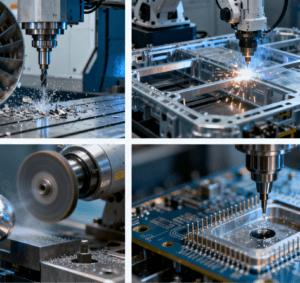
Application Fields of CNC Machining Centers and Precision Machining: Covering Core Demands of Multiple Industries
With their outstanding machining capabilities, CNC machining centers and CNC precision machining have deeply penetrated multiple high-end manufacturing fields and become a key driving force for promoting industrial technological upgrading.
Aerospace Field: The core components to be machined (such as aircraft engine turbine blades and fuselage structural parts) need to withstand high-temperature and high-pressure environments, requiring extremely high dimensional accuracy and material strength. CNC machining centers can achieve precision cutting of difficult-to-machine materials (e.g., titanium alloys, superalloys) through high-strength spindles and cemented carbide tools, ensuring stable component performance.
Automotive Manufacturing Field: For precision components of new energy vehicles (such as motor housings and battery trays), CNC machining centers can realize efficient mass machining. At the same time, on-line inspection systems can real-time screen out unqualified products, ensuring the assembly precision and safety of automotive parts.
Medical Device Field: Products such as artificial joints and surgical instruments need to meet medical-grade precision standards, with no burrs or scratches on the surface. Through low-speed high-precision cutting and integrated polishing processes, CNC machining centers can achieve both surface smoothness and precision of parts, meeting the strict requirements for medical use. Notably, CNC machining centers also play a vital role in manufacturing core components of catheter assembly machines—their ability to machine precision guide rails, clamping fixtures and micro-drilling components with high accuracy ensures the stable and precise assembly of medical catheters, which are critical for minimally invasive surgeries.
Electronic Components Field: The machining precision of precision components (such as 5G base station filters and semiconductor packaging molds) directly affects product performance. CNC machining centers can achieve precise machining of micro-holes (with a diameter of 0.1-0.5mm) and narrow gaps (with a width of 0.05-0.1mm) through micro-milling technology, supporting the miniaturization and high-precision development needs of the electronics industry.
Choosing Professional CNC Machining Center Services to Empower Enterprises’ Precision Manufacturing Upgrade
For enterprises, selecting a suitable CNC machining center and professional CNC precision machining services is crucial for enhancing product competitiveness, reducing costs, and improving efficiency. When choosing a cooperative partner, three core factors should be focused on:
Equipment Configuration and Technical Strength: Priority should be given to service providers equipped with mainstream CNC systems and high-precision testing equipment (e.g., coordinate measuring machines) to ensure machining precision and stability. At the same time, attention should be paid to the service provider’s technical team—whether it has the capabilities of complex part programming and process optimization.
Quality Control System: A sound quality control system is the guarantee for precision machining. It is necessary to confirm whether the service provider has passed quality management system certifications such as ISO 9001 and IATF 16949, and whether it has established a full-process control mechanism covering raw material inspection, machining process monitoring, and finished product testing.
Customized Service Capabilities: Machining demands vary across industries. Service providers need to have the ability to optimize machining processes and adjust equipment parameters according to the characteristics of the enterprise’s products—for example, providing exclusive fixture design for special-shaped parts and formulating flexible production plans for batch orders.
In the wave of rapid development of the high-end manufacturing industry, CNC machining centers are no longer just simple machining equipment, but have become the core engine that drives technological innovation in CNC precision machining and helps enterprises achieve “intelligent manufacturing upgrading”. In the future, with the in-depth integration of 5G, artificial intelligence technology and CNC machining, CNC machining centers will develop toward “higher precision, greater intelligence, and greener operations”, continuously injecting new momentum into the high-quality development of the manufacturing industry.

